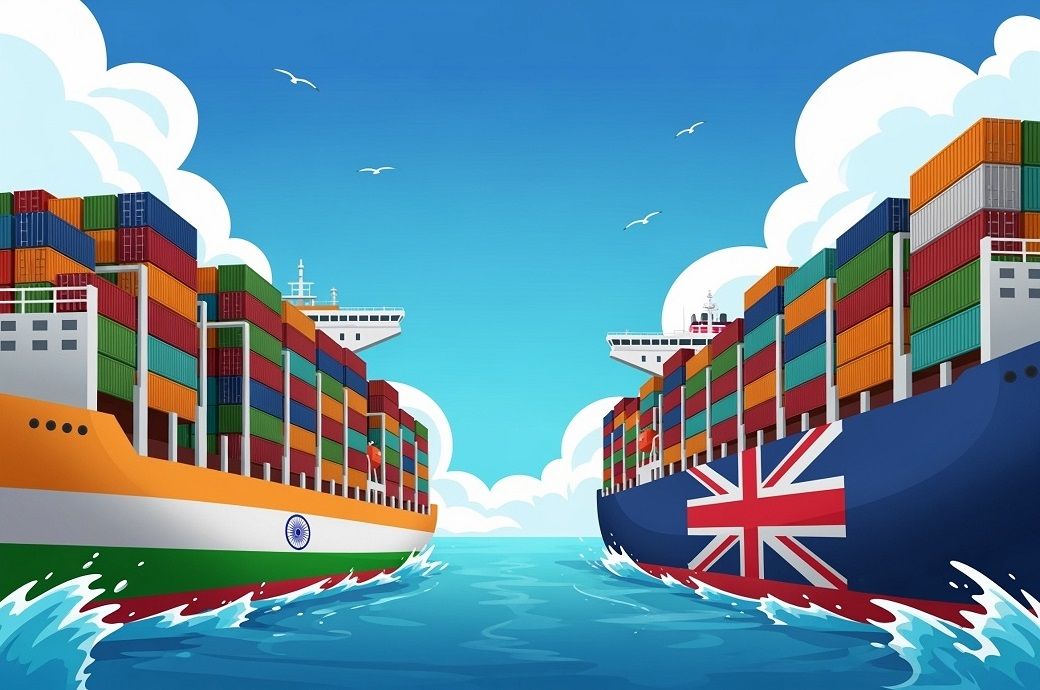
“This agreement drops the average Indian tariff on UK products from 15 per cent to 3 per cent, with duties falling by around £400 million at entry, rising to £900 million after staging,” Reynolds said while briefing the House on the pre-ratification process for the Comprehensive Economic and Trade Agreement (CETA), highlighting its potential impact ahead of full implementation.
“It is expected to increase bilateral trade by £25.5 billion [~$34.5 billion], raise UK GDP by £4.8 billion [~$6.5 billion], and boost wages by £2.2 billion [~$2.97 billion] annually. In an increasingly unstable world, this deal provides businesses with confidence as they grow and expand,” media reports quoted him as saying.
The FTA was signed on July 24 by Prime Ministers Narendra Modi and Keir Starmer.
The FTA secures preferential access to India’s federal procurement market, guarantees opportunities for UK service suppliers and simplifies trade through improved customs and digital processes, Reynolds added.
Specific regional gains include £190 million for the West Midlands and Scotland and £210 million for the North West, supporting the UK’s high-growth sectors.
The India-UK CETA aims at doubling bilateral trade to $120 billion by 2030.
While implementation in India requires only cabinet approval, ratification in the United Kingdom may take up to a year.
ALCHEMPro News Desk (DS)
Receive daily prices and market insights straight to your inbox. Subscribe to AlchemPro Weekly!